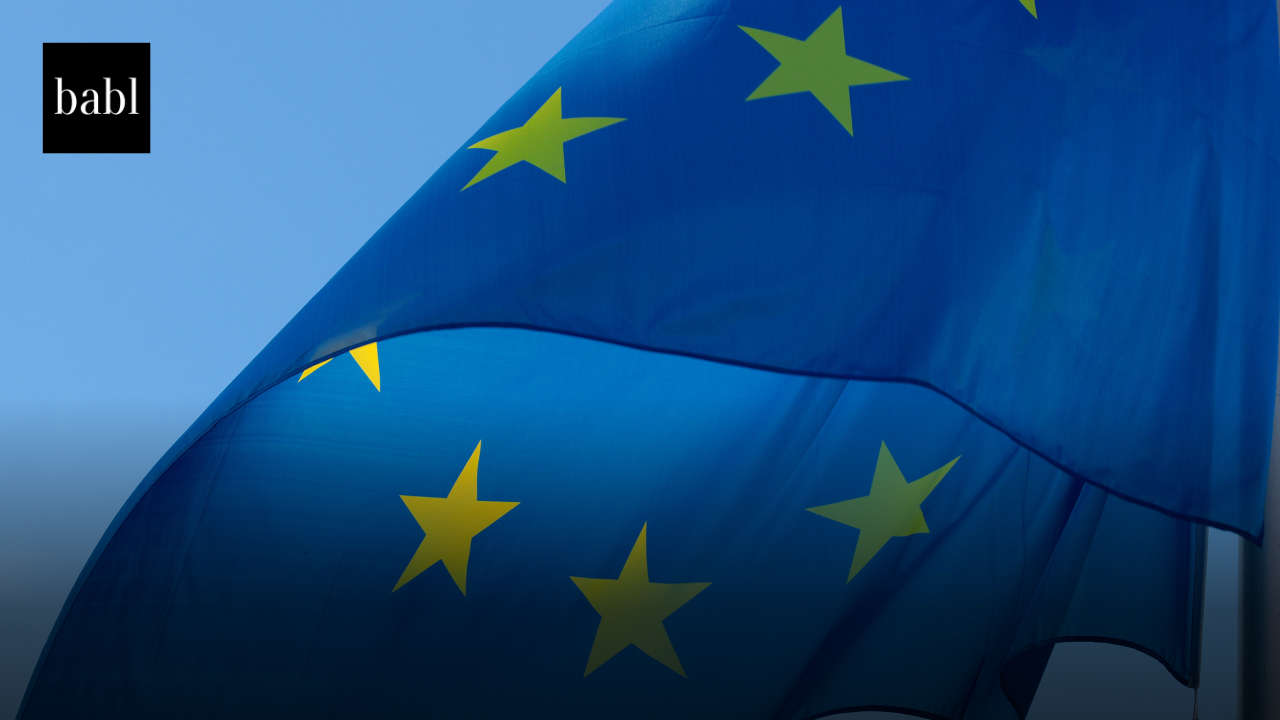On May 21, Arizona Governor Katie Hobbs signed House Bill 2394, a landmark piece of legislation aimed at addressing the rising threat of digital impersonation through artificial intelligence. However, it’s the way the law was written that is grabbing attention. Representative Alexander Kolodin, the bill’s author, revealed on social media about how he used ChatGPT to help him craft the new statute, which introduces significant measures to protect individuals, especially candidates for public office, from malicious AI-driven impersonations.
As for the bill itself, the core provision of the bill is the creation of a new legal avenue for victims of digital impersonation to seek injunctive relief. Under Section 16-1023, individuals who believe they have been impersonated through digital means can bring an action within two years of discovering the impersonation. This provision is designed to provide a timely remedy to victims, allowing them to address the issue swiftly and effectively.
To prevail in such an action, the plaintiff must demonstrate that the digital impersonation was published without their consent and that it was not apparent to a reasonable person that the impersonation was fake. This includes cases where the publisher failed to clearly convey that the content was a digital impersonation or where the impersonation was deceptively convincing. If the impersonation is part of a paid advertisement, the action can only be brought against the originator, placer, or payer of the ad.
The law also includes specific provisions regarding the role of interactive computer service providers. These providers are shielded from liability for publishing third-party content, reflecting a careful balance between addressing digital impersonation and protecting internet intermediaries. The bill stipulates a rapid response mechanism for courts to handle these cases. When a complaint and a motion for preliminary declaratory relief are filed, the court must rule on the motion within two days, excluding weekends and holidays. This expedited process is crucial for minimizing the potential damage from digital impersonations, especially during critical periods like election cycles.
Further, the bill outlines conditions under which preliminary declaratory relief may be granted, such as imminent elections, depictions of sexual acts or criminal behavior, significant personal or financial hardship, or potential irreparable harm to the person’s reputation. This ensures that relief is granted only in serious and substantiated cases.
In addition to declaratory relief, the bill allows for injunctive relief and damages in cases where the digital impersonation involves explicit or offensive content, the plaintiff was not a public figure, and the publisher knowingly failed to take corrective action. The burden of proof varies depending on the type of relief sought, ensuring that the plaintiff meets a high standard of evidence for preliminary relief and a lower standard for permanent relief.
The law is designed to be narrowly construed to protect free speech and artistic expression while providing robust protections against harmful digital impersonations. It applies to all elections in the state and includes specific definitions to clarify its scope and application.
Need Help?
If you’re wondering how Arizona’s bill, or any other AI bill around the world, could impact you, don’t hesitate to reach out to BABL AI. Their Audit Experts are ready to provide valuable assistance while answering your questions and concerns.





